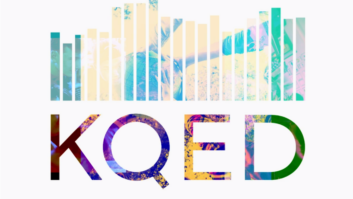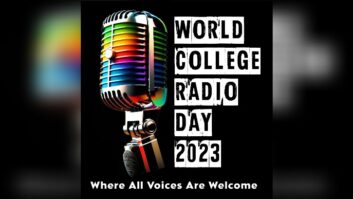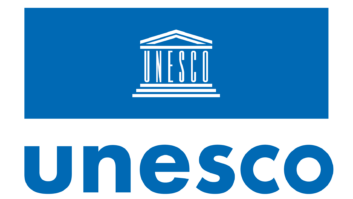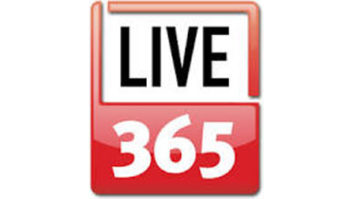Garvey Schubert Barer helpfully reminds broadcasters in a client letter — don’t be a fool or get fooled on April Fool’s Day. Here’s their warning:

Resist the temptation to broadcast a hoax of any sort. Remember that the FCC’s rules prohibit broadcasting false information about a crime or catastrophe if it is likely that the broadcast will cause substantial public harm and if, in fact, public harm occurs. For a summary of the FCC’s policy governing hoaxes, see Hoaxes.
A hoax that causes the police force to divert resources or that causes the destruction of property or that causes a traffic back-up as members of the public try to avoid Martians are all examples of possible instances of substantial harm. Also, gags involving earthquakes, tsunamis, and nuclear power plant disasters are particularly likely to draw complaints and FCC enforcement action.
One type of hoax requires special mention. Occasionally, a station will want to make a blind call to a person as part of a prank. For example, stations have been known to call people to falsely advise them that they have won an award or even to advise them of a fictitious family tragedy (such as a death in the family or the spouse’s running off with a best friend). Any phone call that does not first advise the called party that the call is being broadcast or is being taped for future broadcast cannot be used over the airwaves even though that prior notice spoils all the fun. It is an FCC violation (Section 73.1206) and a form of violation for which the FCC consistently fines the offending station.
Have a good April Fool’s Day, but in doing so, watch out that you do not stumble over the FCC’s restrictions.
Wise words.












